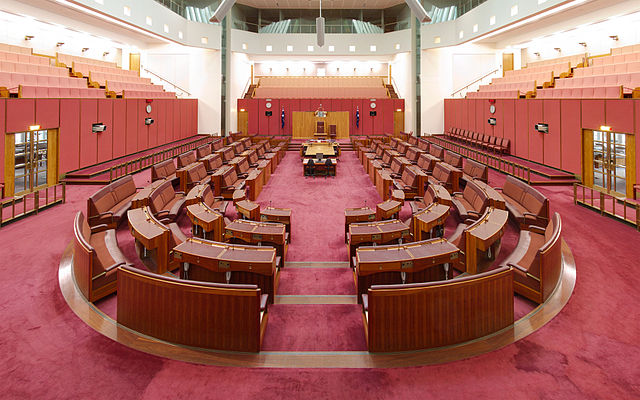Government vs Parliament
Understanding the difference between government and parliament is crucial as they can be easily confused due to the appearing similarity between their meanings. In reality, the words government and parliament refer to two distinct concepts. Parliament represents the people, while government refers to the entity responsible for running the country. Both the government and parliament are elected by the people. Let us examine each term in more detail to better understand the differences between them.
What is Parliament?
Parliament is one of the highest legislative bodies where a country’s decisions are made. It is important to note that a member of parliament does not necessarily have to be associated with the government. Their position in parliament is not the same as being part of the government. Regardless of whether a member of parliament belongs to the government or not, they have the power to participate actively in the country’s decision-making process by voting on suggestions presented to the parliament. Additionally, they can bring important subjects to the attention of the parliament. Parliament is the highest place in a country where the representatives of the people come together to make decisions for a better future.
What is Government?
In essence, a political party that wins the majority of seats in the parliament forms the government and runs the country. This is the basic principle underlying the formation of a government. By obtaining a majority in the election, the winning party forms the government, outvotes all other parties, and runs the country. The leader of the government is either the president or the prime minister. Some of the parliament members are chosen by the prime minister to govern the country, meaning not all members of the parliament are selected to form the government.
A government is distinct not only from the parliament but also from the rest of the party that won the general election. This means that not every member of the winning party is chosen to form the government and run the country. Not all members are given ministries to manage, but they all actively participate in the parliament during voting to pass a bill or during debates. There is a limited number of people in a government.
Key Takeaways
- Parliament represents the common people of a country, while the government is responsible for running the country.
- Members of Parliament (MPs) are chosen by the people through voting in a general election, while the party with the majority of MPs in the parliament forms the government.
- Not every member of parliament is part of the government; only members of the majority party form the government, headed by either a prime minister or a president.
